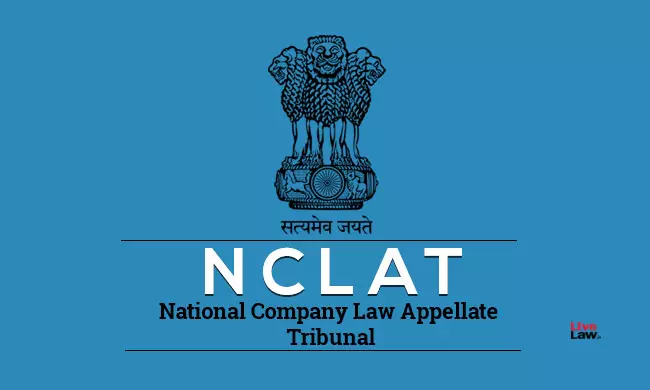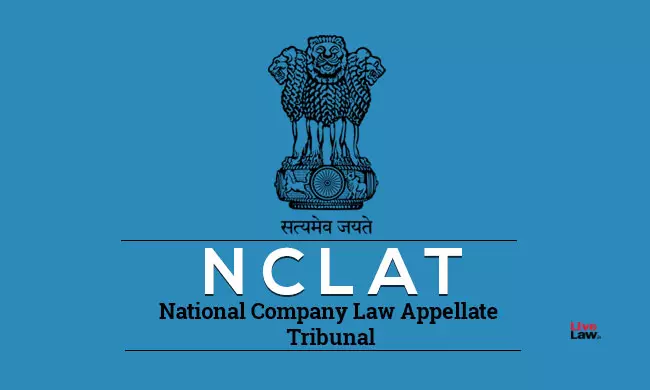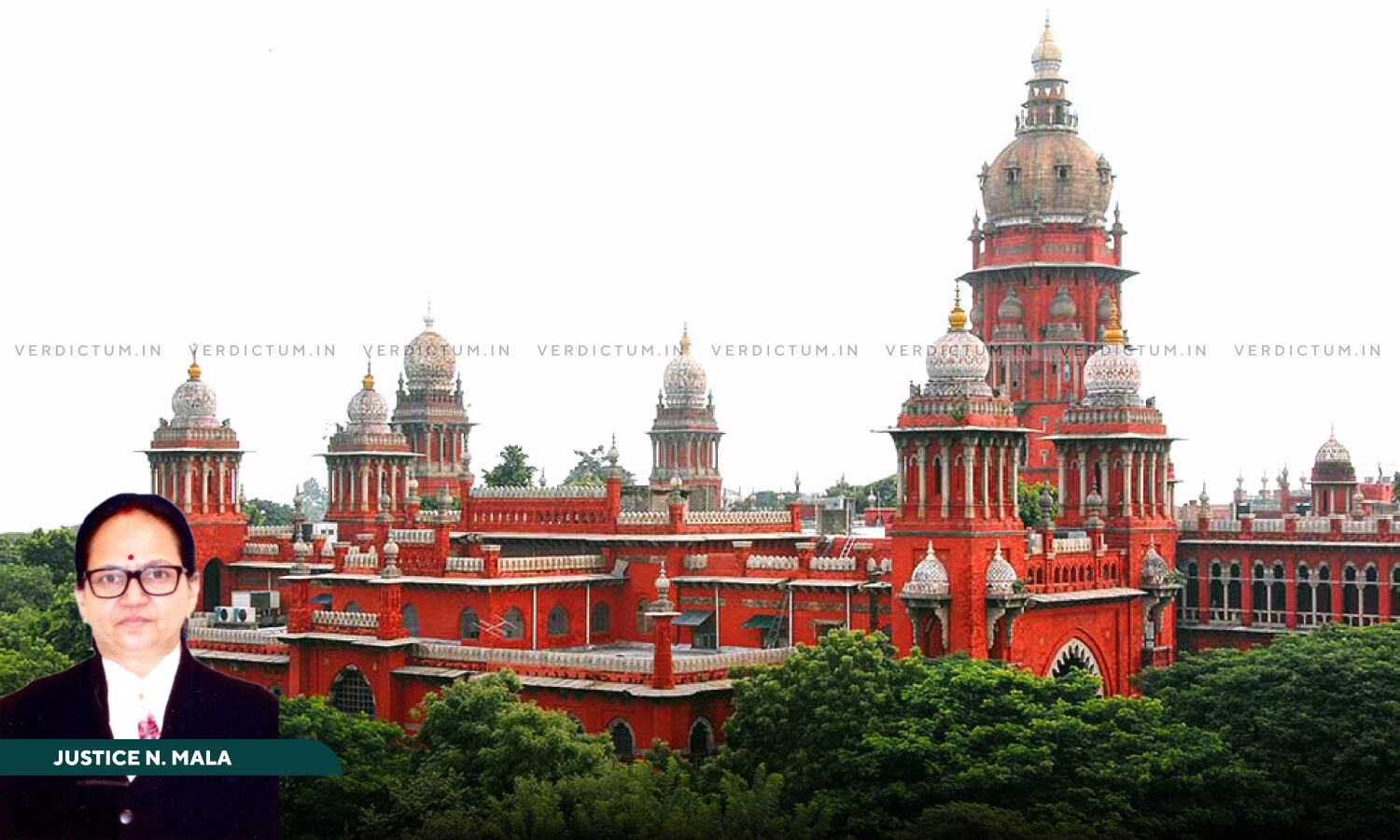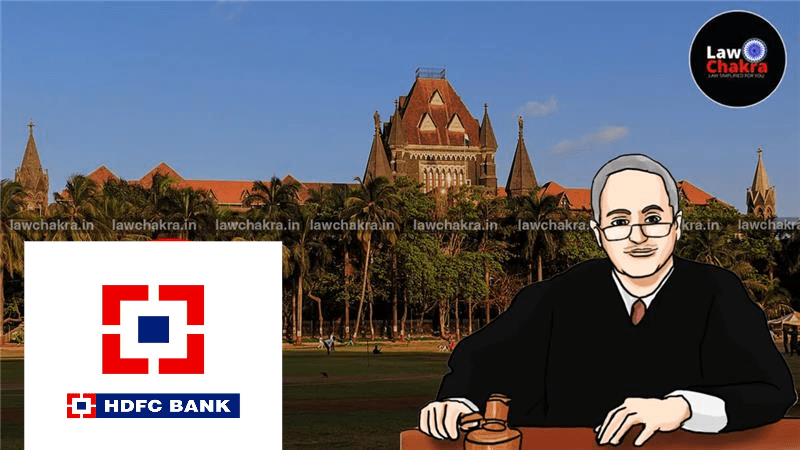Resolution Plan Providing Contingencies To Ensure Compliance With Building Norms Can’t Be Deemed Unviable: NCLAT


The National Company Law Appellate Tribunal (NCLAT) New Delhi bench of Justice Ashok Bhushan (Judicial Member), Mr. Arun Baroka (Technical Member) and Mr. Barun Mitra (Technical Member) has held that one of the contingencies outlined in the resolution plan has been accepted, and Successful Resolution Applicant (SRA) has expressed readiness to execute the construction in accordance with any of the approved options. These contingencies are lawful alternatives designed to facilitate construction with the necessary approvals from the Board. Therefore, the appellant’s claim that the resolution plan is contingent, unviable, or unworkable lacks merit.
Brief Facts:
The corporate debtor, Som Resorts Pvt Ltd. is engaged in the business of development of Real Estate Project. The corporate debtor started a Project at ML – 1/9, Sector 9, Vasundhara Ghaziabad. Land of said Project has been allotted by UP Housing and Development Board (Uttar Pradesh Awas Evam Vikas Parishad).
The promoters violated the approved building plan, leading the UP Awas Evam Vikas Parishad to seal the project. Following this, 26 homebuyers filed an application under section 7 of the Insolvency and Bankruptcy Code, 2016, and on 02.08.2022, the Adjudicating Authority admitted the petition and appointed Mr. Sumit Shukla as Interim Resolution Professional (IRP).
After multiple CoC meetings and replacement of the IRP with Mr. Rabindra Kumar Mintri, a revised ‘Form G’ was issued. Among the resolution applicants, Casa Italia Social Welfare Association (a homebuyers’ association) submitted a resolution plan. This plan was approved unanimously (100% CoC votes) through e-voting held from 12–14 April 2023.
The RP filed for plan approval on 19.04.2023. The appellant (suspended director) filed objections via I.A. No. 459/2024 after an eight-month delay. On 03.08.2024, the Adjudicating Authority rejected the appellant’s objections and approved the resolution plan. The appellant has now challenged this decision through the present appeals.
The Appellant submitted that the Corporate Insolvency Resolution Process (CIRP) was conducted in violation of the IBC and CIRP Regulations, 2016. The CoC, comprising solely of homebuyers, submitted and approved a resolution plan through their own association, Casa Italia, raising a conflict of interest. It is alleged that more viable plans were ignored, eligibility criteria were diluted to favour the homebuyers’ association, and the Adjudicating Authority failed to scrutinize the plan as mandated under the Code.
It was further submitted that the SRA under the guise of single resolution plan has submitted effectively multiple as more than four alternative plans. Adjudicating authority proceeded to approve the plan which fails to offer any effective resolution.
In reply, the Respondent submitted that the appellant, being a suspended director, lacks locus standi to challenge the resolution plan approved by the CoC.Following the CoC’s decision on 23.12.2022, a fresh ‘Form-G’ was issued with revised eligibility criteria, allowing homebuyers’ associations with a net worth of ₹90 lakhs to participate. Respondent No. 2 met this requirement. The RP also attributed the project’s sealing to illegal construction by the appellant’s suspended management.
It was further submitted that the homebuyers, through their association, were genuinely interested in completing the stalled project and were fully eligible to submit a resolution plan. Given the issue of illegal construction, the plan proposed four practical options to resume construction with necessary approvals.
It was further submitted that the appellant, a suspended director, neither attended CoC meetings nor objected to the eligibility criteria earlier. His objections—raised over eight months after the resolution plan’s approval—are seen as an afterthought aimed at delaying the CIRP.
Observations:
The Tribunal noted that the Supreme Court in Kalyani Transco’ Vs. ‘M/s. Bhushan Power and Steel Ltd. & Ors.’ held that the phrase “any person aggrieved” under Sections 61 and 62 of the IBC implies a broad locus, allowing any affected party—not just creditors or the corporate debtor—to appeal. Since CIRP is a collective in rem proceeding, operational creditors and erstwhile promoters are key stakeholders. Thus, their appeals, especially when raising substantial legal questions, are maintainable despite the NCLAT’s dismissal.
It held that “we do not find any lack of locus in the appellant to challenge the order dated 03.12.2024. More so, when I.A. filed by the appellant being I.A. 459/2024 has been rejected by the adjudicating authority, appellant has every right to challenge the said order by filing an appeal.”
The Tribunal further observed that as per the eligibility criteria approved in the fifth CoC meeting, a minimum net worth of ₹90 lakhs was required for resolution applicants. Respondent No. 2, Casa Italia Social Welfare Association, had a net worth of ₹93 lakhs, thus meeting the criteria. Therefore, the appellant’s claim that Respondent No. 2 was ineligible is baseless.
It further observed that due to persistent illegal construction, the Board ordered demolition of the corporate debtor’s structure on 14.07.2016, leading to the sealing of the project. No construction has occurred since. The erstwhile RP sought de-sealing through an application to the Adjudicating Authority. In this context, the SRA proposed four alternative options in its resolution plan to resume construction, depending on which option the Board approves.
The Tribunal further held that the appellant’s claim that the resolution plan is unviable or merely contingent is unfounded. The plan includes four alternative options to resume construction, all subject to approval by the competent authority—the Board. These options are not uncertainties but lawful contingencies designed to ensure compliance with building norms.
It further observed that the SRA has committed to completing construction under whichever option is approved. The earlier constructions by the promoters, including the appellant, were illegal and sealed in 2016, and the current plan seeks to rectify those violations to finally deliver homes to waiting buyers.
It further held that the resolution plan having already been approved by the CoC before 19.04.2023, on which date, the application was filed before the adjudicating Authority by the RP for approval of the plan. Thus, both approval of the plan and filing of the application for approval of the plan were much before the CIRP period, which was permitted by the adjudicating authority.
The Tribunal concluded that the order dated 03.12.2024 rejecting I.A. 459/2025 is legally sound. The Adjudicating Authority thoroughly considered all relevant aspects, including the financial structure and the four contingencies in the resolution plan. It found that the plan complied with the CIRP Regulations, 2016, and Section 30(2)(b) of the IBC. Upon being satisfied that the plan met all statutory requirements, the Authority approved it by the same order.
Accordingly, the present appeal was dismissed.
Case Title: Anuj Gaur & Ors. Versus Rabindra Kumar Mintri RP of Som Resorts Pvt. Ltd. & Anr.
Case Number: Company Appeal (AT) (Insolvency) No. 312 & 313 of 2025
Judgment Date: 30/05/2025
For Appellant : Mr. Abhijeet Sinha, Sr. Advocate with Mr. Arjun Mahajan, Mr. Sumit R. Sharma, Mr. Piyush Gautam, Mr. Sagar Agarwal and Mr. Harshit Kapoor, Advocates.
For Respondents : Mr. Arvind Nayyar, Sr. Advocate with Mr. Akshay Joshi and Mr. Akash Srivastava, Advocates for R 1. Mr. Alok Dhir, Ms. Varsha Banerjee and Ms. Udita Singh, Advocates for R-2.





